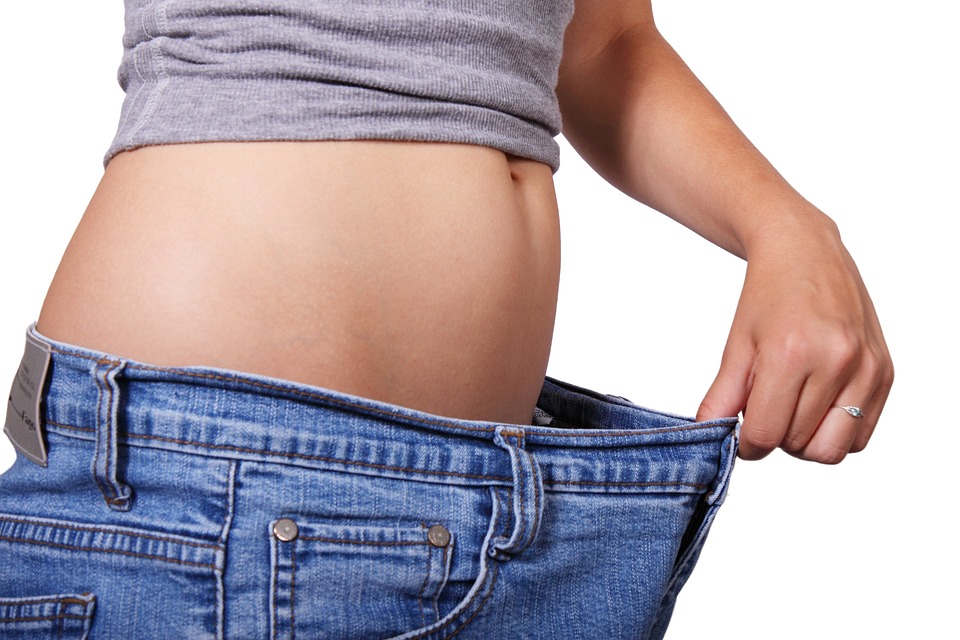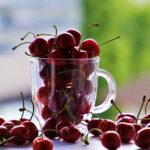Anemia is a condition that affects millions of people all over the world. It occurs when your body doesn’t have enough red blood cells to carry oxygen to your organs and tissues. Symptoms of anemia can include fatigue, weakness, shortness of breath, and pale skin. While there are many causes of anemia, did you know that your diet can also play a significant role? In this article, we’ll explore the surprising link between diet and anemia and what you need to know to prevent and treat this condition.
Iron is an essential mineral that plays a crucial role in the production of red blood cells. When your body doesn’t get enough iron, it can’t make enough hemoglobin, which is the protein in red blood cells that carries oxygen. As a result, your body can’t function properly, and you may develop anemia. Iron deficiency is one of the most common causes of anemia, especially in women and children.
So, what foods are rich in iron? The best sources of iron are red meat, poultry, fish, and eggs. Vegetarians and vegans can get iron from plant-based sources such as beans, lentils, tofu, spinach, and fortified cereals. However, it’s important to note that the type of iron in plant-based foods is not as easily absorbed by the body as the iron in animal products. To increase absorption, you can pair iron-rich foods with foods that are high in vitamin C, such as citrus fruits, tomatoes, and bell peppers.
Another nutrient that plays a role in preventing anemia is folic acid, also known as folate. Folic acid helps your body produce new red blood cells and prevents them from breaking down too quickly. Good sources of folic acid include leafy green vegetables, citrus fruits, beans, and fortified cereals.
Vitamin B12 is another important nutrient that is necessary for the production of red blood cells. It’s found in animal products such as meat, fish, eggs, and dairy. Vegetarians and vegans can get vitamin B12 from fortified foods or supplements.
In addition to eating a balanced diet, there are other steps you can take to prevent anemia. For example, avoid drinking tea or coffee with meals, as they can interfere with iron absorption. Also, if you’re pregnant or have heavy menstrual periods, you may need to take iron supplements to prevent anemia.
In conclusion, the link between diet and anemia is significant, and it’s essential to make sure you’re getting enough iron, folic acid, and vitamin B12 in your diet. By eating a variety of nutrient-rich foods and taking supplements if necessary, you can prevent and treat anemia and enjoy better health. So, go ahead and indulge in that steak or spinach salad, knowing that you’re doing your body a favor.




